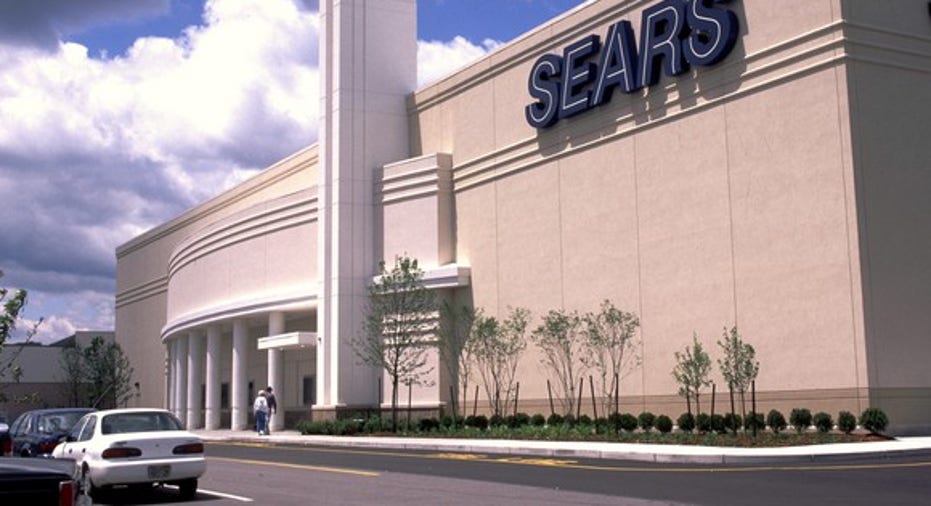Which U.S. Retailers Have the Most-Satisfied Customers?

With pretty much any purchase just a few clicks away, retail brands are working hard to keep their customers happy. After two years of declining results, the 2016 American Customer Satisfaction Index (ACSI) shows that the overall retail sector has mounted a bit of a comeback. The industry has put up a collective 78.3 on the ACSI, a 5% increase, and an all-time record.
Every retail sector covered by the index -- department and discount stores, gas stations, drugstores, specialty retail stores, supermarkets, and online retail -- showed gains during the 2016 holiday shopping season on the 100-point scale culled from interviews with roughly 70,000 customers. Those gains, however, could partially be an illusion as declining business could actually result in happier customers.
"As traditional outlets such as Sears (NASDAQ: SHLD), Macy's (NYSE: M), and J.C. Penney (NYSE: JCP) shed properties, shoppers may experience better service in the stores that remain," said ACSI Managing Director David VanAmburg in a press release [bold text and tickers not in original]. "Although this is obviously not ideal or sustainable in the long run, fewer customers mean shorter lines, faster checkout and more attention from sales staff."
Fewer customers and fewer stores may have helped Sears serve its remaining shoppers. Image source: Sears.
Which brands have the most-satisfied customers?
In the struggling department store category, overall satisfaction rose by 5.4%. Market leader Dillard's climbed 3 points from an 80 in 2015 to an 83 in 2016 while J.C. Penney posted the biggest increase, gaining 11% to go from a 74 to an 82. Only Nordstrom, which came in near the top with an 80, posted a drop, as it was down 2% from 82 in 2015 to an 80. Oddly enough even Sears, perhaps the most-embattled of brands, rose 8% from a 71 to a 77.
With specialty retailers, which includes retailers "specializing in clothing, home improvement, electronics, office supplies, and books," the report showed a 3.9% gain to an ACSI score of 80 and no company posted a lower score than last year. Costco led the category with an 83 (up from 81 on the previous year's survey) with rival Sam's Club posting a big gain (7%) to tie for second with L Brands and Barnes & Noble at 81. The big winner in this category, however, may be Home Depot which jumped by 10% to score an 80, putting it ahead of rivalLowe's for the first time, according to ACSI.
In the drugstore area (which includes larger retailers that also operate pharmacies and health and beauty supply sections in their stores) Sears Holdings' Kmart was the big winner, posting an 84, though the report noted that the number comes because the chain has "only the most loyal of customers left." Overall, the category posted a 6.8% gain from a 73 in 2015 to a 78 in 2016.
Supermarkets also posted a big gain, jumping 6.8% to 78, which ACSI credited to falling food prices combined with higher quality and better service. Trader Joe's claimed the top spot with an 86 while Whole Foods had the biggest gain, jumping 11% to 81 while Wegmans had the category's only slip, dropping from an 86 in 2015 to an 83 in 2016.
Internet retailers saw a 3.8% gain, with no company in the category falling. Amazon led the way, gaining 4% from 2015 to move from an 83 to an 86. That paced the entire category as no other retailer scored above the segment average of 83.
In the final category, gas stations, ACSI does not break out individual companies, but the overall industry posted a 1.3% gain. That's largely because when it comes to gas, price is the leading driver for satisfaction and prices have been falling for two years, noted ACSI.
What does this mean?
Customer service remains important, but stores have to find a way to deliver it before it happens inadvertently due to falling crowds. Retailers will also have to quickly evolve to serve the market as it exists now.
"The retail landscape has shifted toward e-commerce, but there are opportunities for department stores to capitalize on this," said ACSI Chairman Claes Fornell in the press release. "Stores will remain relevant to the extent that they can integrate online shopping with brick-and-mortar operations, combining the convenience of online shopping with the benefit of personal service."
What's encouraging is that nearly every company in every category gained over 2015. That shows that retailers in a broad sense understand that treating their customers well may not ensure their survival, but it's at least part of the equation.
10 stocks we like better thanWal-MartWhen investing geniuses David and TomGardner have a stock tip, it can pay to listen. After all, the newsletter theyhave run for over a decade, the Motley Fool Stock Advisor, has tripled the market.*
David and Tomjust revealed what they believe are theten best stocksfor investors to buy right now and Wal-Mart wasn't one of them! That's right -- theythink these 10 stocks are even better buys.
Click hereto learn about these picks!
*StockAdvisor returns as of December 12, 2016The author(s) may have a position in any stocks mentioned.
John Mackey, CEO of Whole Foods Market, is a member of The Motley Fool's board of directors. Daniel Kline has no position in any stocks mentioned. The Motley Fool owns shares of and recommends Amazon, Costco Wholesale, and Whole Foods Market. The Motley Fool recommends Home Depot and Nordstrom. The Motley Fool has a disclosure policy.



















